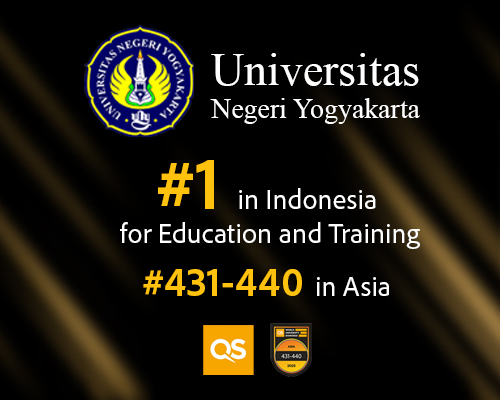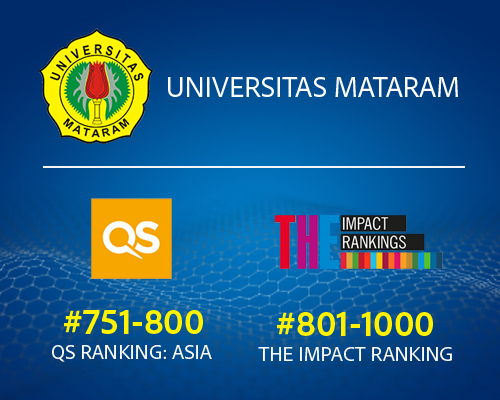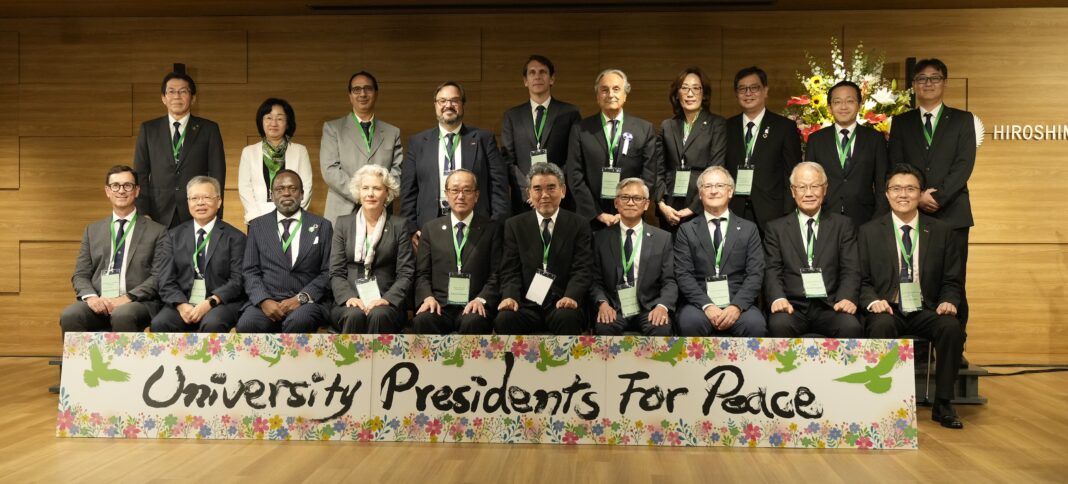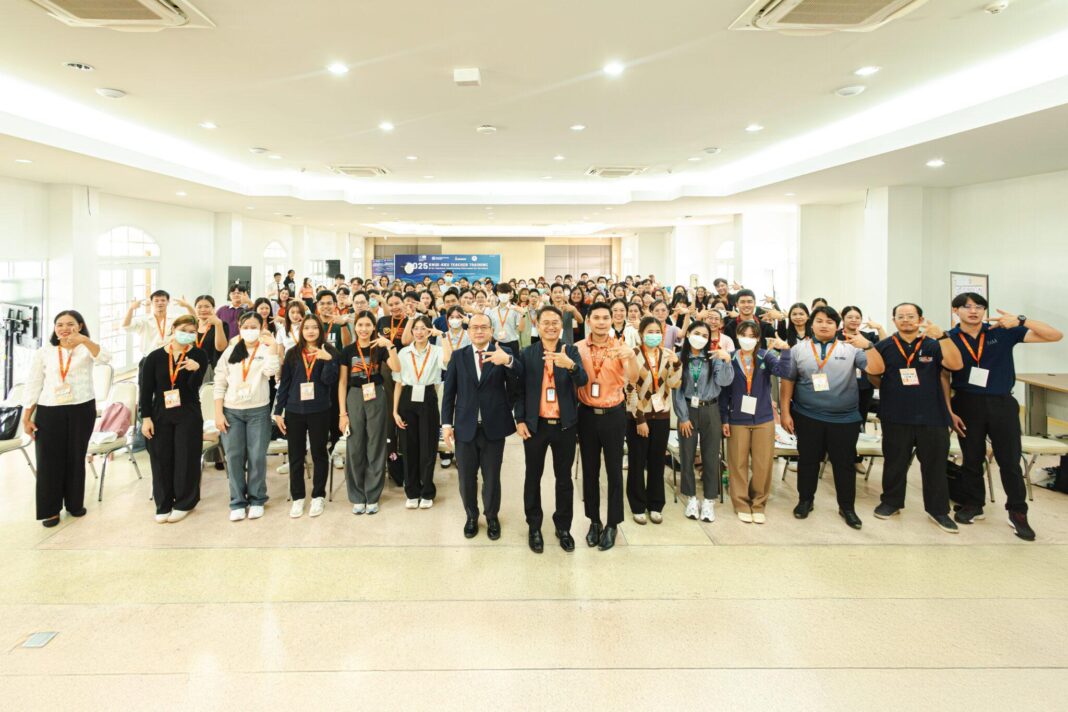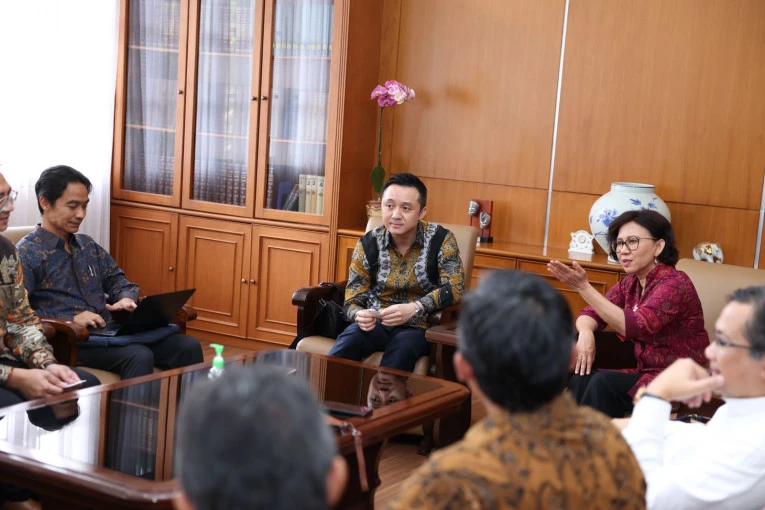A Malaysian university has taken center stage in global peace advocacy, representing Southeast Asia’s commitment to educational diplomacy. This participation underscores higher education’s expanding role in fostering international understanding and conflict resolution.
Why UTAR’s participation in the 4th University Presidents for Peace Conference matters for regional stability
What role did UTAR play at this international gathering?
Representing Malaysian academic leadership
Universiti Tunku Abdul Rahman (UTAR) participated in the 4th University Presidents for Peace Conference, demonstrating the institution’s commitment to peace-building initiatives. The conference brought together academic leaders from around the world to discuss higher education’s role in promoting global harmony.
Consequently, UTAR’s involvement highlights Malaysia’s growing influence in international educational diplomacy. The university’s presence at this prestigious gathering reflects the nation’s dedication to peaceful conflict resolution through academic collaboration.
How does university participation advance peace initiatives?
Educational institutions as peace catalysts
Universities serve as crucial platforms for fostering cross-cultural understanding and dialogue. Through research collaboration, student exchanges, and academic partnerships, institutions like UTAR contribute to building bridges between nations and communities.
The power of education to transform conflicts into opportunities for cooperation cannot be understated.
Moreover, academic institutions possess unique capabilities to address root causes of conflict through research, policy development, and community engagement. This university-led peace-building approach has gained significant momentum in recent years across Southeast Asia.
What impact does this conference have on regional cooperation?
Strengthening ASEAN educational networks
The conference creates opportunities for Malaysian universities to strengthen ties with international counterparts, particularly in peace and conflict studies. These connections facilitate knowledge sharing and collaborative research initiatives that benefit the broader region.
Furthermore, UTAR’s participation aligns with broader UNESCO peace education initiatives that emphasize higher education’s responsibility in promoting sustainable peace and development.
Bottom Line
UTAR’s participation in the 4th University Presidents for Peace Conference represents more than symbolic involvement—it signals Malaysia’s commitment to leveraging educational excellence for peace-building. This engagement positions the university as a regional leader in academic diplomacy and conflict resolution.
Looking ahead, such international collaborations will likely expand, creating new opportunities for Malaysian institutions to contribute meaningfully to global peace initiatives while strengthening the country’s soft power influence in Southeast Asia and beyond.


